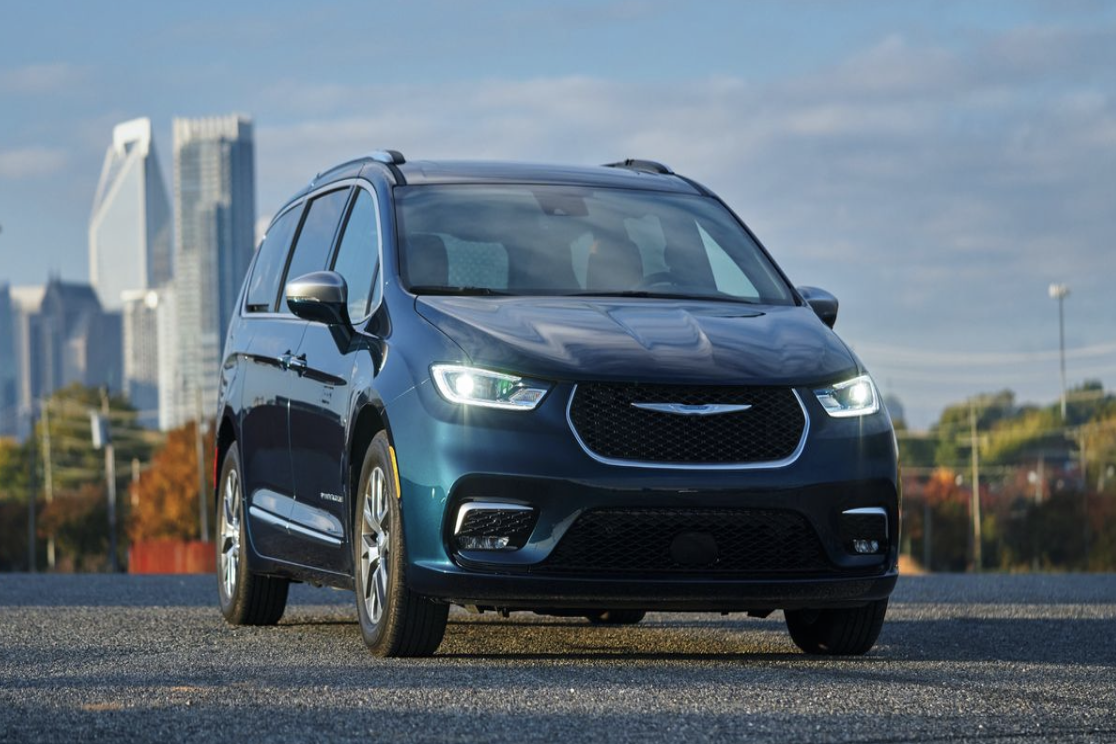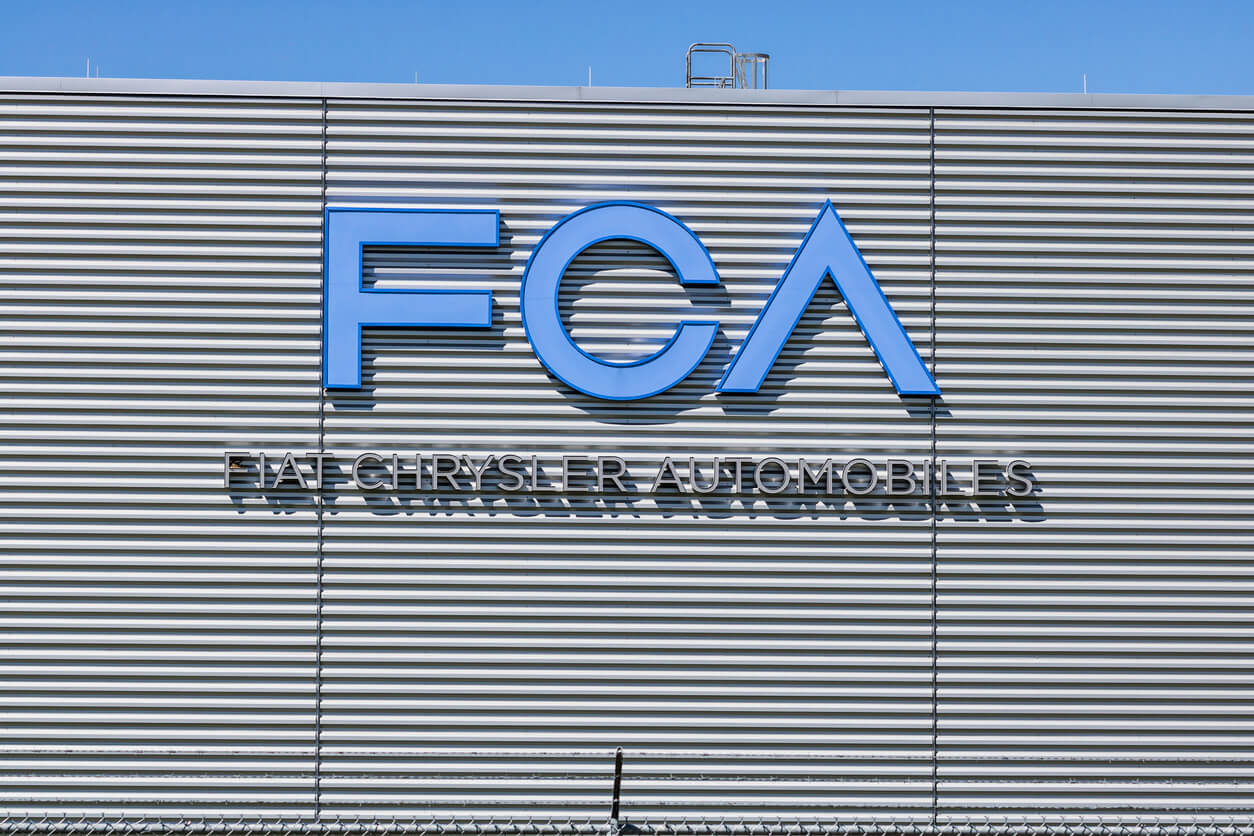Umbrella Stellantis has announced two recalls affecting over 322,000 models of cars and trucks because of two airbag issues.
History of the Recall
The side curtain airbag recall
The main recall affects almost 300,000 vehicles for inflator issues in the side curtain airbag. It is reported that they are at risk of rupturing and throwing out sharp metal fragments upon deployment. The affected airbags are housed in the roof rail and are used to protect the head and shoulder area on both the driver and passenger sides of the vehicle.
The rupturing of the airbag inflators affecting the Takata recall had seen over 400 people injured and 27 people killed which meant the long-standing Japanese manufacturer was forced to become bankrupt.
The cause of the issue is similar as a small amount of moisture may enter the airbag during assembly and over time, a build-up of corrosion could cause the inflator to crack. The airbag supplier in this instance is the US-based Joyson Safety Systems.
Driver airbag not deploying recall
A second recall affects a defect in the welding of the control module within the steering column. Which may lead to the non-deployment of the driver’s side airbags located in the steering wheel during a collision.
Which Models Are Affected?
The side curtain airbag recall
Affects the 2018-2021 Dodge Charger and the 2018-2021 Chrysler 300 sedans. In 2023 both models were discontinued, however, the Charger has been re-released as a fully electric model. Totaling 284,982 vehicles.
Driver airbag not deploying recall
A separate recall affected 38,164 mostly new vehicles from Ram and Jeep, with a limited number of Chrysler Pacifica and Voyager minivans among them.
This safety concern affects:
- 2023 Chrysler Voyager
- 2023 Jeep Gladiator
- 2023 Jeep Grand Cherokee and Grand Cherokee L
- 2023 Ram 1500 Classic
- 2023-2024 Chrysler Pacifica
- 2023-2024 Jeep Grand Cherokee
- 2023-2024 Jeep Wagoneer and Grand Wagoneer
- 2023-2024 Jeep Wrangler
- 2023-2024 Ram 1500
- 2023-2024 Ram 2500/3500
- 2023-2024 Ram 3500/4500/5500 Cab Chassis
What Owners Need to Do Next
The side curtain airbag recall
Dealers will provide complimentary replacement of both side curtain airbags, with reimbursement offered to owners who previously underwent the service. Owners look out for a notification via mail by May 3, 2024.
Driver airbag not deploying recall
Look for a notification in the mail no later than May 3, 2024, instructing you to bring your vehicle to a dealer for an examination of the steering column control module, with potential replacement if necessary.
For further details regarding these recalls, you can reach out to Dodge, Chrysler, Jeep, and Ram customer service at 1-800-853-1403 or visit the brand’s official domestic recall website.
How Owners Can Take Back Control
While recalls have been communicated to owners, many continue to be unhappy with the solutions provided by automakers. These problems have the potential to escalate into further legal action, just like this – underlining the importance of protecting consumer rights.
If you struggle with vehicle troubles and feel cornered against big vehicle brands, remember it is always better to have experts with you. With extensive experience and successful cases at hand, The Lemon Firm is your best bet. With the dedicated team members always at your disposal, the package becomes too good to be true. So, if your car is giving you a headache, don’t hesitate to reach out!









